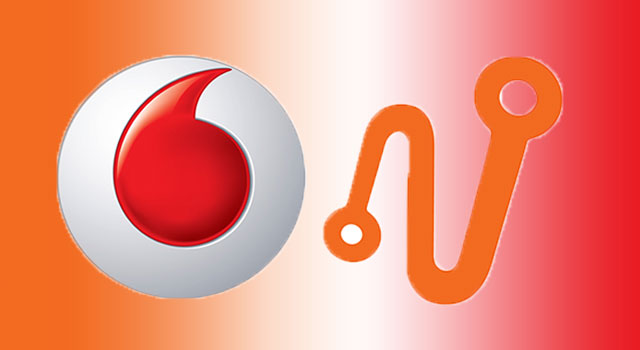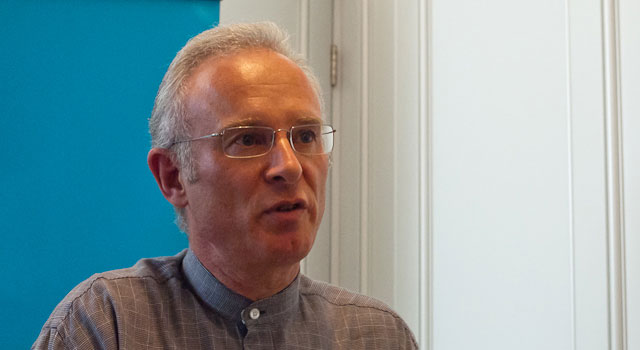
Will Vodacom’s proposed acquisition of Neotel pass regulatory muster? That’s the question on everyone’s lips now that the mobile operator has confirmed that it is in exclusive talks with a view to buying its smaller rival, which is majority controlled by India’s Tata Communications.
One thing seems likely: other telecommunications operators are likely to object to the deal at the Competition Commission. It could also face hurdles at telecoms regulator Icasa that it will have to surmount.
The two companies confirmed on Monday that they are in discussions and reports suggest the deal could be worth more than R5bn.
Vodacom is South Africa’s largest mobile operator. Neotel is much smaller, and plays in data services, the fixed-wireless and wireline markets, but has access to radio frequency spectrum and fibre assets that analysts say would be hugely valuable to Vodacom. It seems unlikely, analysts say, that Vodacom would agree to a deal if it was obliged to give up Neotel’s spectrum.
When it was granted a licence in 2005, Neotel was meant to act as a fixed-line rival to Telkom. However, it has struggled to gain market share, especially in the residential consumer market, where Telkom still dominates with its fixed-line network.
Analysts agree that Vodacom will argue Neotel will be better positioned to meet its original mandate with the backing of South Africa’s largest mobile network. That, however, won’t stop Telkom, MTN, Cell C and others from expressing their opposition to the proposed deal.
“It all depends on how the ability of Neotel to compete is viewed by the regulator and competition authorities,” says World Wide Worx MD Arthur Goldstuck. “The crux of the question for the Competition Commission is: does this deal increase or reduce competition?”
It’s been apparent with Neotel that although it’s been an alternative in the market, it hasn’t really been a serious competitor, Goldstuck says. “Initially, Neotel intended to take 15% of Telkom’s business, but it’s clearly nowhere near that, even years after launch. Clearly, the emergence of Neotel has not meant greater competition.”
However, there are areas in which Neotel has core strengths. These include its urban fibre backbone, which would give Vodacom the ability to compete far more aggressively, thus enhancing competition, he says.
The question of whether Icasa would approve the proposed deal is, according to Goldstuck, a different question altogether — especially the issue of whether Icasa would allow the spectrum to be transferred.

“Allowing the deal would show the regulator to be in favour of an open market. If a competitor can’t succeed, it could become part of another.”
Goldstuck says he expects the deal to be vigorously opposed by the companies’ rivals and that the matter could even end up in court.
He describes Neotel’s creation as an “experiment that failed” and allowing Vodacom to buy the company would neatly solve the problem. “I’m not saying Neotel is a mess — it offers some great products and services — but in terms of what it was meant to be, it is a mess.”
BMI-TechKnowledge MD Denis Smit agrees that opposition to the deal from rivals is unavoidable and inevitable. He says the key issue may be making the differentiation between mobile and fixed networks to demonstrate that Neotel is sufficiently different from Vodacom to appease the competition authorities.
Smit says Vodacom would presumably take the stance of running Neotel as a separate entity, but that regardless of how the deal is couched, should it go through it is going to “fundamentally alter the industry” and that the move is “definitely aimed at Telkom”.
Though Smit says industry players he’s spoken to have said they’ll challenge the deal, the differences in the businesses of the two operators are such that they “just might get away with regulatory approval”.
“I think there’s a 50-50 chance the deal will get approval,” he says. — (c) 2013 NewsCentral Media

